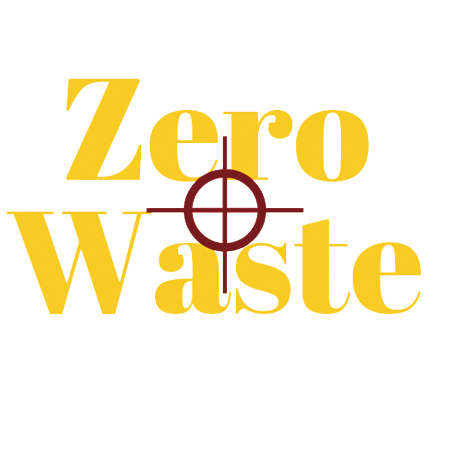Jul 18, 2019How consumers can avoid wasting onions
Today, so much is thrown away that many believe we are in a crisis.
The U.S. Environmental Protection Agency has an entire webpage dedicated to finding ways to reduce food waste. According to the webpage, Americans threw away 37.6 million tons of food waste in 2015. Imagine what that number is today.
“By managing food sustainably and reducing waste, we can help businesses and consumers save money, provide a bridge in our communities for those who do not have enough to eat, and conserve resources for future generations,” the site states.
We at the National Onion Association also are concerned about food waste but in the discussions of using all of what we have, we’ve noticed a few things about the beloved onion.
You don’t have to waste much.
In fact, the best part of onions is their versatility. They can be cooked in so many different ways that they can literally enhance every meal — even desserts. Plan your daily meals appropriately, and you can never let an onion go to waste. Given they are so nutritious, it’s just a win all the way around to include more onions in your diet. Dice them up for a week’s worth of cooking, and freeze what’s left for your future stews or frittatas. Don’t feel like freezing? Turn them into a meal and take it to your local homeless shelter.
Sustainability focus
There’s so much more to onions’ sustainability. You could save those dry, papery skins of red and yellow onions and hang onto them. Turn them into onion dyes, and add color to old, stale clothes. Natural dyes are growing in popularity, and bonus, you don’t have to worry about the leftover water you’re putting back into the system. Heck, just water your house plants with the remains.
Cut an onion in half and clean your grill. First, brush off the grates, then heat them up. Slide the onion all over the heated grates, and the acidic juices will act as a natural cleanser to your grill. A good on onion on hand will soothe a bee sting, and some swear by the juices’ effects on hair loss or soothing sore throats, though we haven’t yet found a credible study that says so.
If all else fails, turn your leftover onions, and other vegetables into compost. That’ll make your back yard gardens and lawns that much prettier — without harsh chemicals.
Can you challenge yourself to reduce your food waste?
Graphic: National Onion Association
The National Onion Association is a nonprofit trade organization that represents more than 500 onion growers, shippers, packers and suppliers throughout the United States. It’s purpose is to advocate for the onion industry in legislative channels and to increase America’s consumption of onions.















